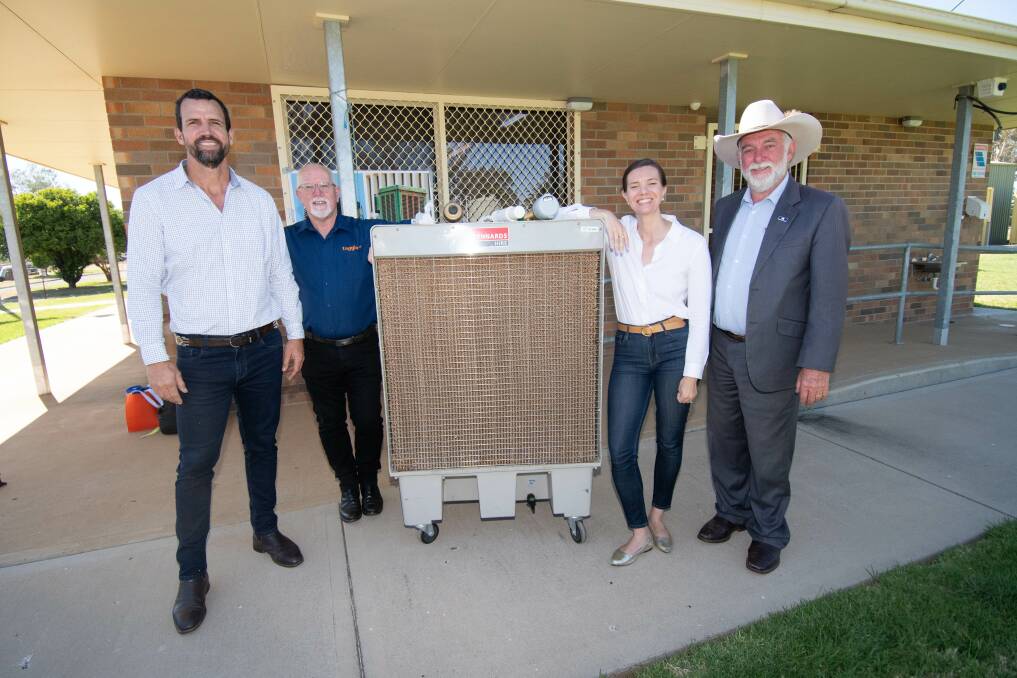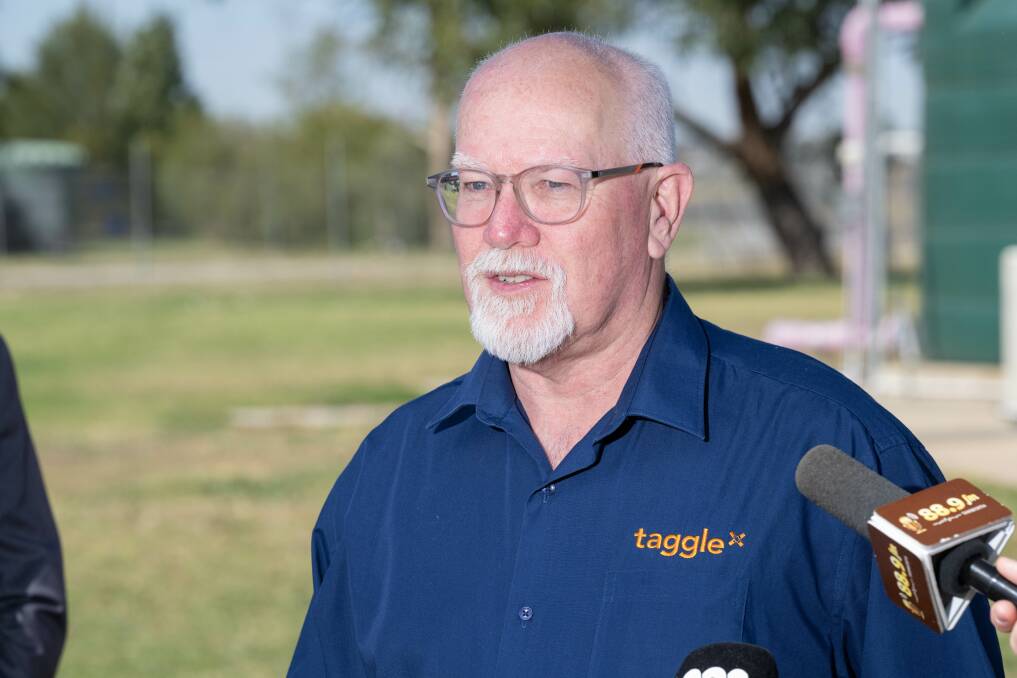How much of the region's water is being guzzled up by evaporative air conditioners?
Subscribe now for unlimited access.
or signup to continue reading
That's the question the NSW Government, Tamworth Regional Council, and the University of Technology Sydney have teamed up to answer.
The State's Water Minister Rose Jackson announced on Tuesday expressions of interest are now open for households to partake in a $190,000 research study on how much water can be saved when air cooling units are properly maintained.
"I don't think people quite realise how much water they are potentially using every day in their household with these air coolers," Ms Jackson said.
"This has the potential to lower people's water bills. If you're using less water at the household level you're saving money and everyone knows cost of living is a priority right now."

The study is expected to inform major water savings in the region since about 8000 homes in Tamworth are fitted with evaporative air coolers, which the local council said could be using up to 5 megalitres - or two Olympic sized swimming pools - of water per day.
"That's a lot of water, and if we can create some savings there, it's going to have a big impact on our water usage as a city," Tamworth's mayor Russell Webb said.
Tamworth council has been asking questions on water coolers since the summer of 2019, at the height of the worst drought in the city's history, when it was discovered the city's water consumption increased by as much as 50 per cent on days when temperatures exceeded 35 degrees.
"Some of these coolers, we think, are using up to 100 litres per hour," NSW Department of Planning and Environment manager of water efficiency Jethro Laidlaw said.
"We got lots of feedback during the last drought about just how much water these coolers are using, and they're using it during the peak times, the hottest, driest days, so it's great water to save."
READ ALSO:
Exactly 100 households with evaporative cooling systems are being asked to volunteer to put a smart water meter on their cooler to be monitored for two summers, with a complementary service on their cooling system - worth about $200 - at the study's halfway point to measure the impact of proper maintenance on water savings.
Evaporative coolers require regular service, including cleaning the cooler pads and water tank, removal of calcium deposits, and inspection of the electrical components and motor belt which can all cause the unit to use more water than necessary.
Mr Laidlaw said the study isn't meant as an attack on evaporative cooler companies or manufacturers and mentioned some of the reasons they're so popular in regional towns away from the coast like Tamworth.
"Evaporative coolers work really well in hot, dry climates, and can drop the temperature by about 10 degrees. They're generally a cost-effective way to cool the house, but what we know from the data we do have is they use a lot of water when they operate inefficiently, when they aren't serviced," he said.

The smart meters will be installed by Taggle Systems, the same company Tamworth council hired to handle the roll out of new water meters to households across the region.
"In 12 months we've installed about 21,000 meters across Tamworth, so putting in another 100 isn't going to take very long," Taggle Business Development Executive Steven Cato said.
Once the trial is completed, participants will be allowed to choose whether to remove the water meter or keep it on for their own use.

The results of the trial could prompt Tamworth Regional Council to expand on its rebate program for evaporative cooler maintenance.
"Since the last drought we've continued to offer subsidies for servicing of water coolers to help them be more efficient. Those subsidies have been in place for some years and we'll be continuing to look at what we can subsidise to improve water efficiency," Cr Webb said.
The mayor also said the study will have implications for councils and other utility providers across Australia.
"Trials like this will lead to not only better outcomes for Tamworth, but better outcomes for other regional centres and towns across NSW. Water is one of those scarce commodities wherever you are," Cr Webb said.
Our journalists work hard to provide local, up-to-date news to the community. This is how you can continue to access our trusted content:
- Bookmark northerndailyleader.com.au
- Make sure you are signed up for our breaking and regular headlines newsletters
- Follow us on Twitter
- Follow us on Instagram
- Follow us on Google News


